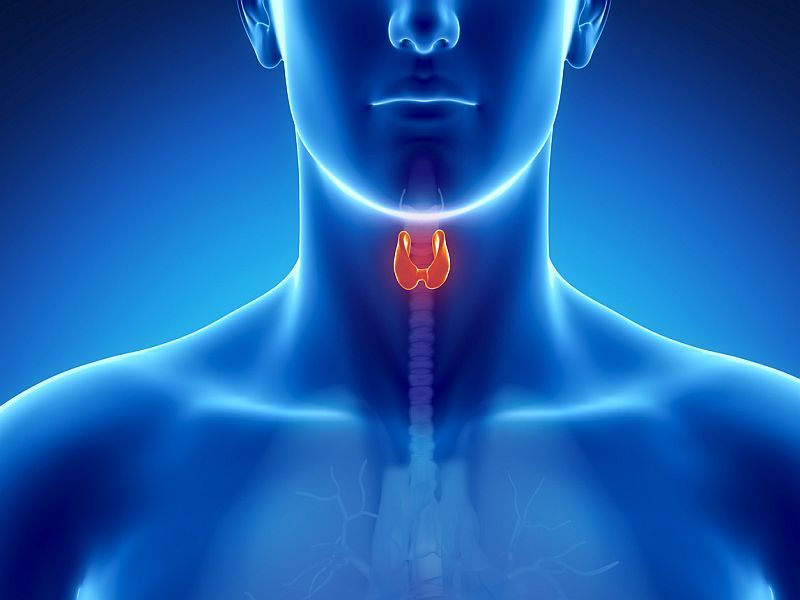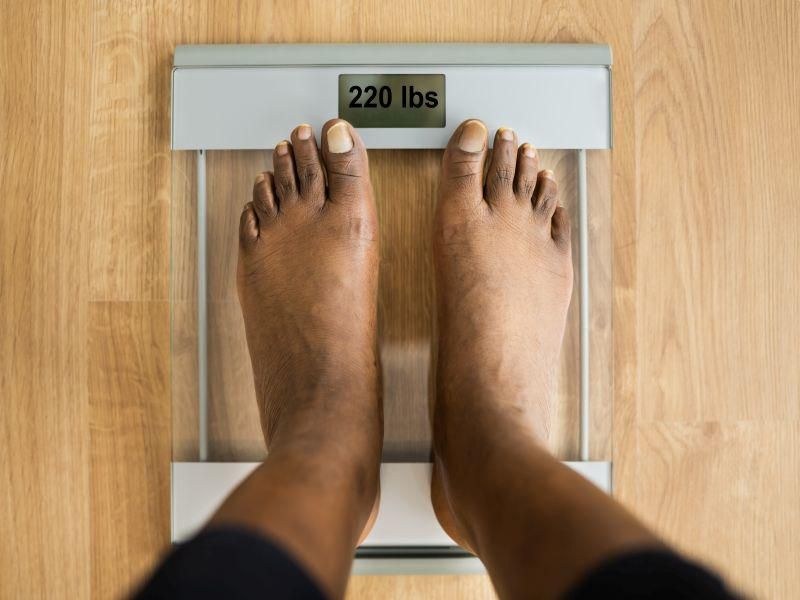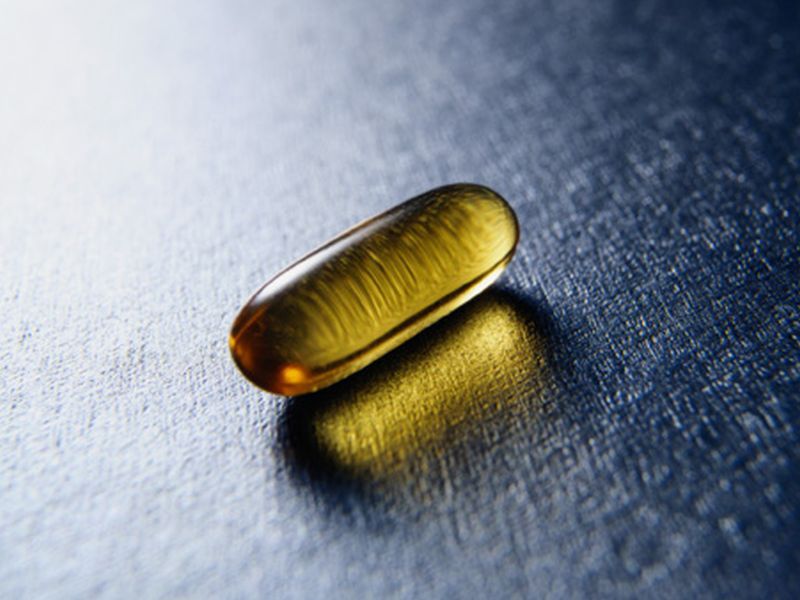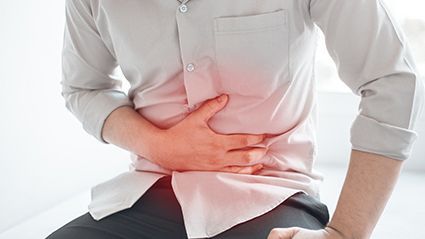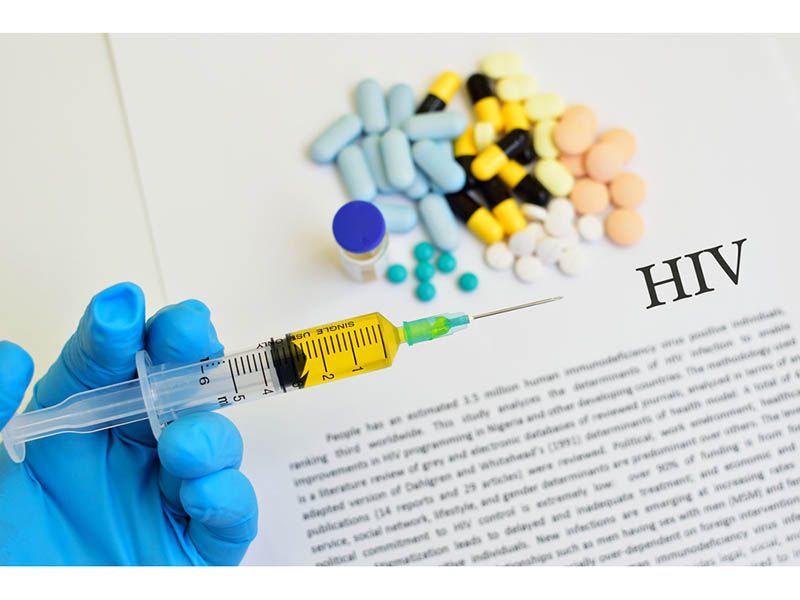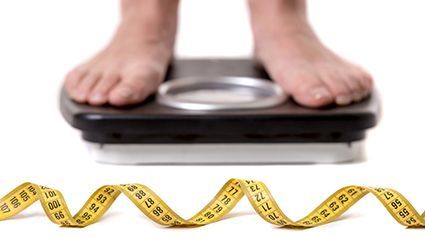
At Eating Recovery Center, which offers treatment and services for people who have eating disorders, intensive outpatient and partial hospitalization programs were switched to virtual when the pandemic began. But that didn’t sit well with people who were working on their recovery. “Our patients said, ‘You can’t do this. This is not enough support for… read on > read on >










